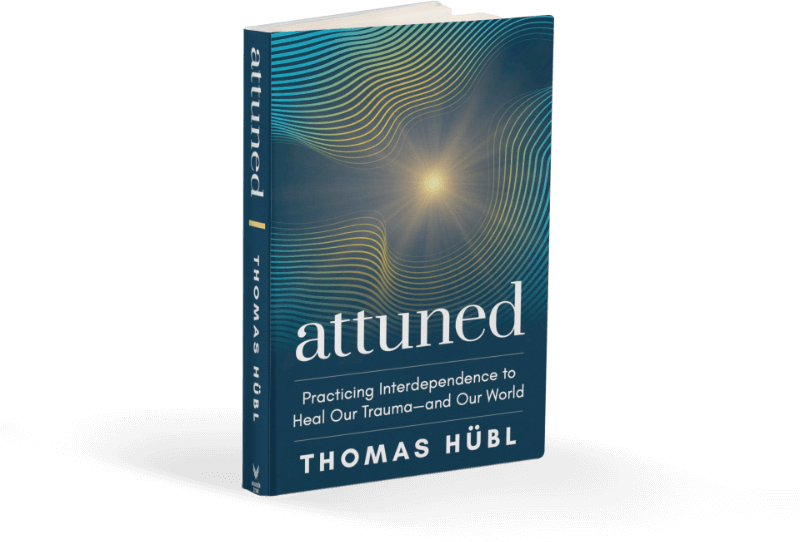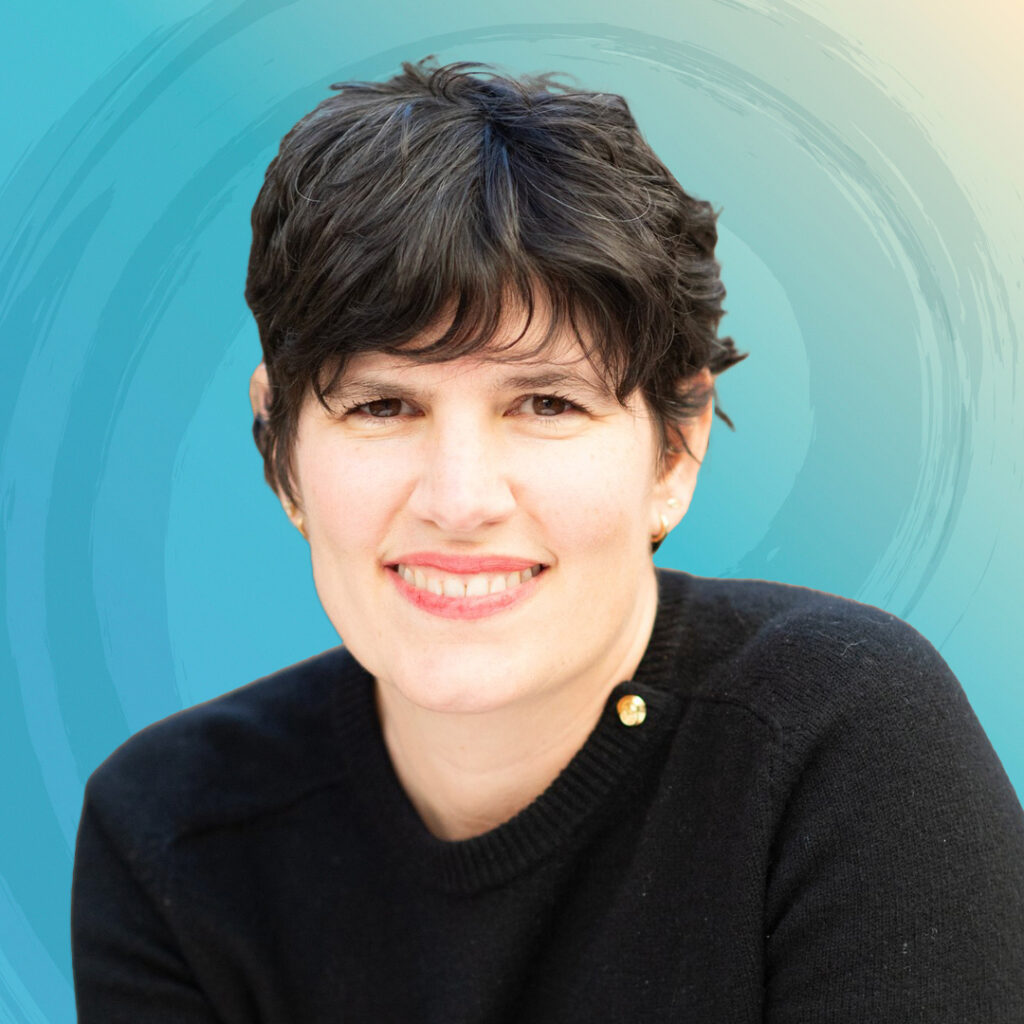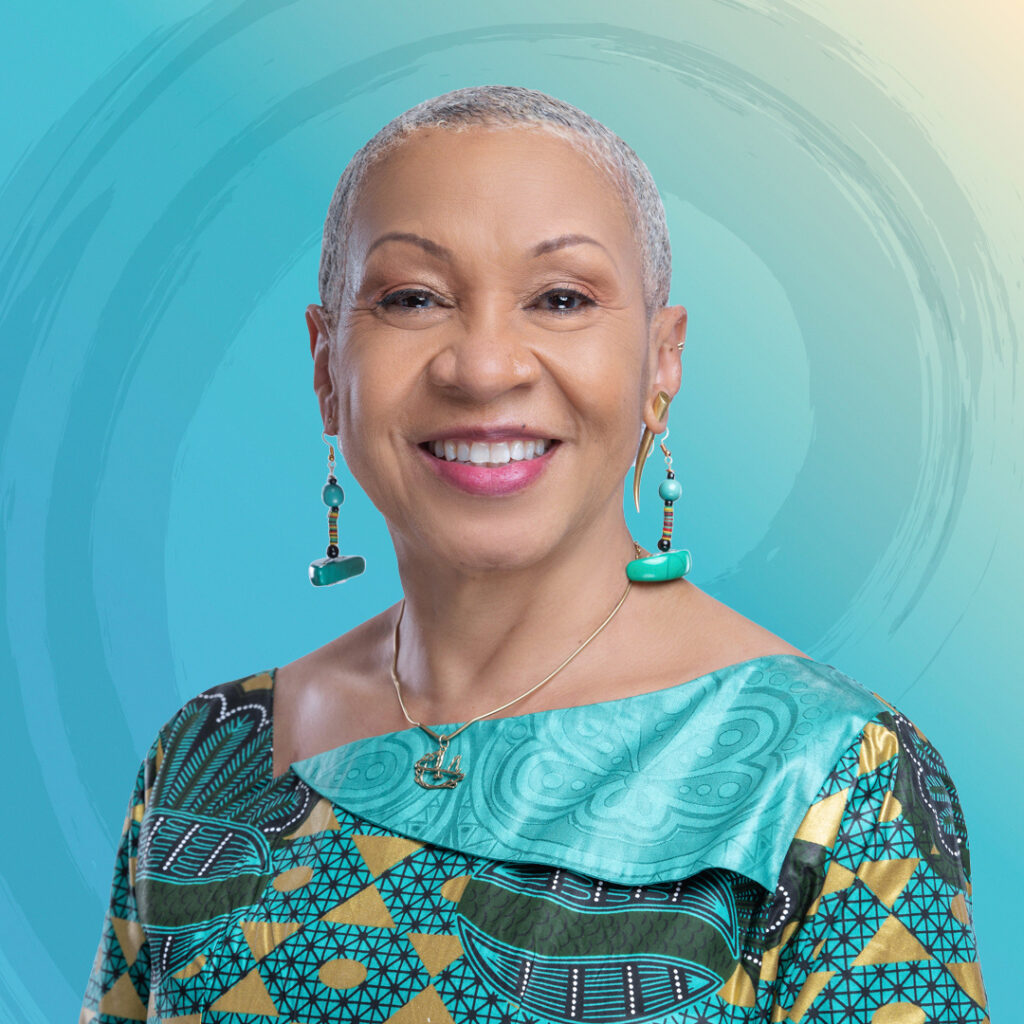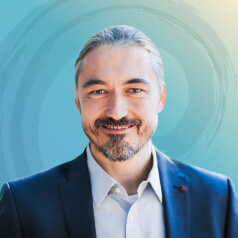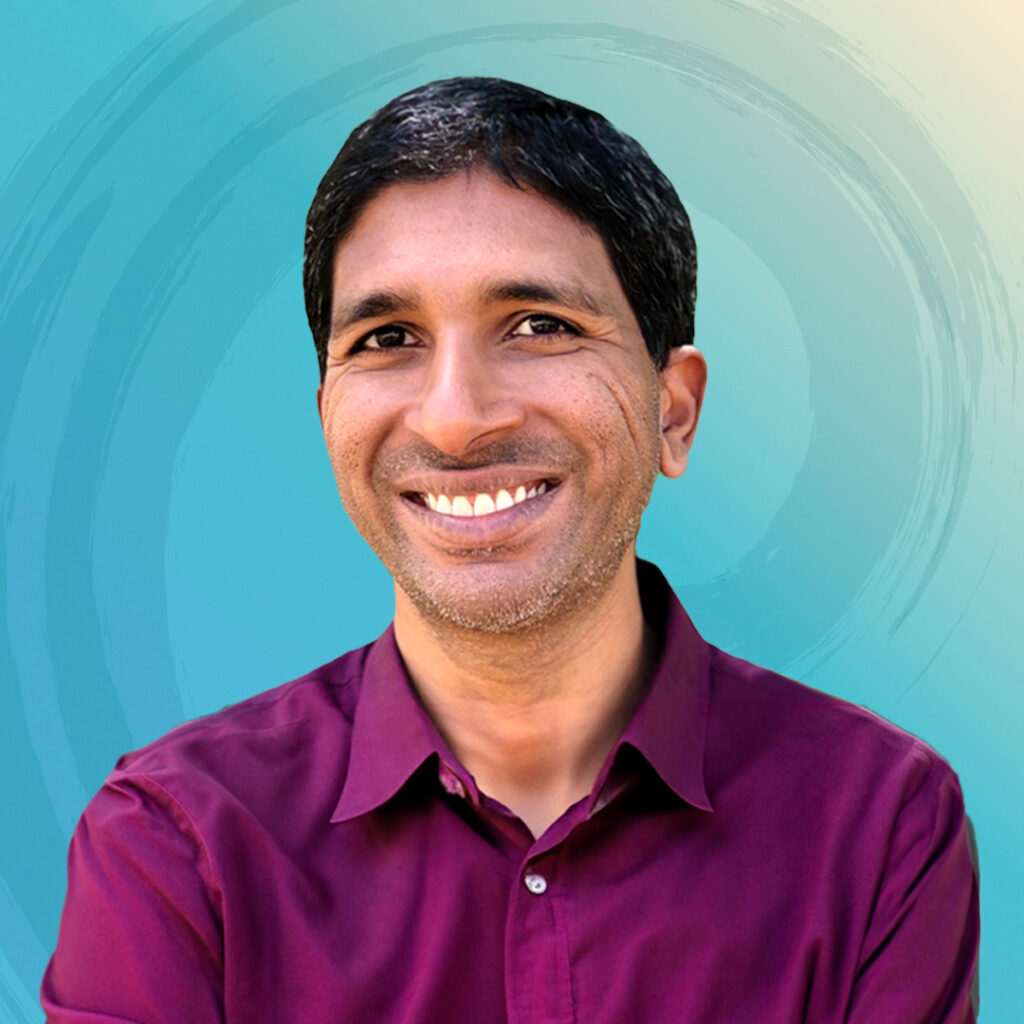Unresolved past is destiny; it repeats until we have the courage to work together to face it.
Free teaching session with thomas
The Evolving Map for Trauma Healing
A free event to explore moving beyond traditional therapeutic tools to address the impacts of collective crises.
Live online course with thomas
Navigating the Levels of Trauma Healing
An all-new, 6-session course to explore how to work with the impacts of collective crises and challenges for ourselves and our clients.
Newest self-paced course
The Art of Attunement
Enjoy teachings, meditations, and attunement practices to deepen your understanding of the relational dynamics that connect us and increase your capacity for being present and attuned.
The Mystic Café 10-day challenge
Cultivating Space
All-new teachings, meditations, and contemplations to help you cultivate spaciousness in your life and learn how to turn crises into wisdom in an increasingly complex world.
live, online event
Cultivating Space
Thomas will share new teachings on how to turn crises into wisdom in an increasingly complex world.
Sunday, January 14 at 11am LA/ 2pm NY/ 8pm Berlin
Join a FREE Teaching and Q&A Session with Thomas:
Integrating the Spiritual Dimension in Trauma Healing
Explore how to include your spiritual path as a resource for individual, ancestral, and collective trauma work
Live Online Course with Thomas
The Spiritual Healing Journey
A 5-Month Intensive to Explore the Spiritual Dimension of Healing Individual, Ancestral, and Collective Trauma and Wounding
AVAILABLE Now
attuned
“Weaves a karmic tapestry of unification that illumines belonging and calls us into spiritual responsibility to past, present, and future generations.”
– Ruth King, author, Mindful of Race
NOW AVAILABLE IN PAPERBACK
Healing Collective Trauma
Thomas Hübl’s groundbreaking book on collective trauma and healing has been translated into six languages. It is available now in hardcover, paperback, e-book, and audio formats.
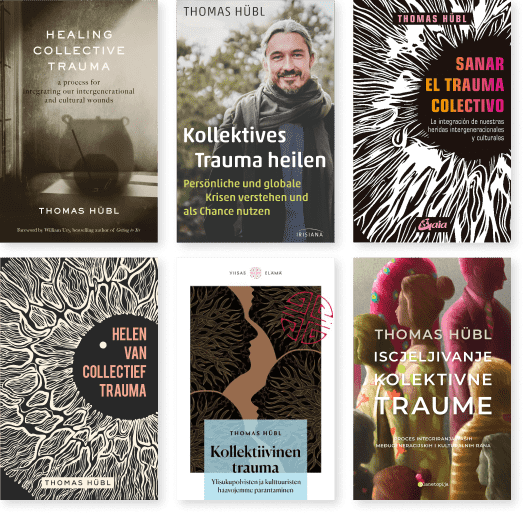
Study with Thomas
Through the Academy of Inner Science, Thomas Hübl offers live online courses, self-paced courses, and hybrid online/in-person training and certificate programs for personal and professional development.

Online Courses
An all-new course exploring how to work with the impacts of collective crises and challenges for ourselves and our clients.
Thomas' Newest self-paced course
Learn to practice the art of relating, to yourself and to others, as a moment-to-moment process of attunement.
foundational learning
Programs & Retreats
New cohort starting May, 2024
New year-long professional development program with Thomas Hübl, Amy Elizabeth Fox, and guest faculty. In partnership with Mobius Executive Leadership.
JUly 28 – August 3, 2024
Thomas will teach in German with simultaneous translation into English. Join in-person at Hof Oberlethe, Germany OR participate online via Zoom.
NOW ACCEPTING APPLICATIONS
November 19-26, 2023
Neu Darchau, Germany
with Susanne Ahlendorf & Martin Bruders. A time of stillness, contemplation and meditation at Seminarhouse Sophia.
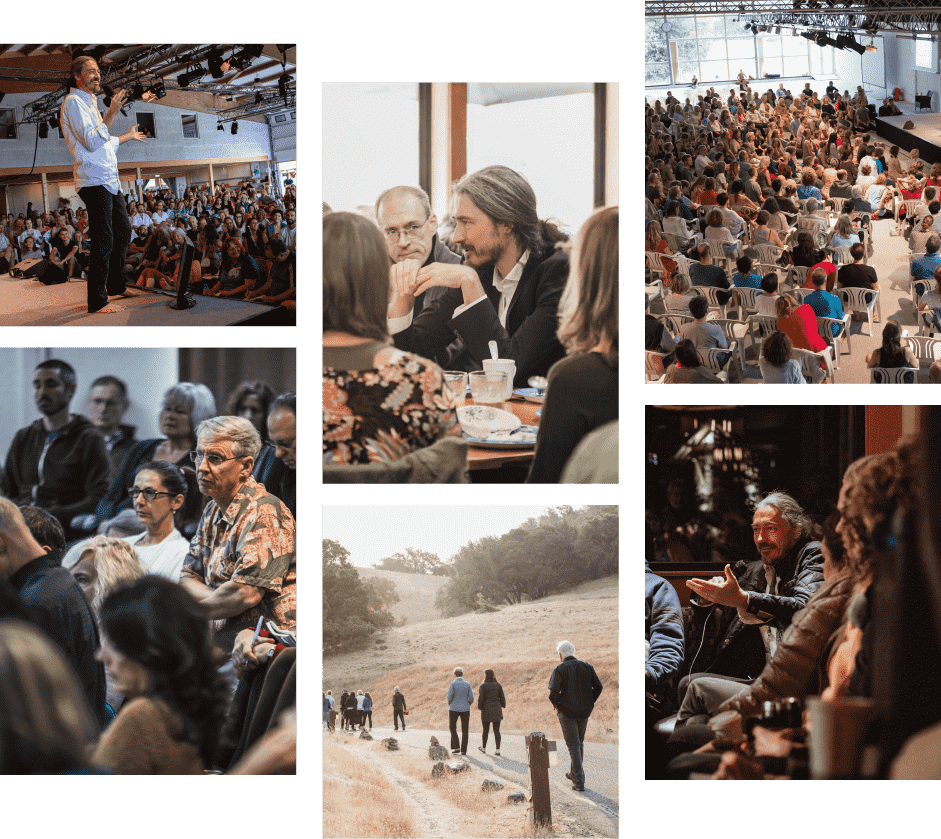
In his weekly podcast, Thomas Hübl welcomes visionaries, innovators, artists, and healers for deep conversations about how we can activate our shared intelligence to meet the most pressing challenges of our time.
Recent Episodes
An Unexpected Discovery
After running workshops for several years in Germany, I began to notice a recurring pattern emerging in my groups – a powerful eruption of images, memories, and waves of emotion that were clearly related to the shared traumas of the Second World War and the Holocaust.
I became inspired to explore this phenomenon of collective trauma more deeply…
”
Thomas Hübl In Conversation
Thomas Hübl at Harvard Medical School
Working with Collective Trauma
Thomas Hübl with Dr. Gabor Maté
Healing Trauma & Spiritual Growth
Thomas Hübl with Dr. Peter Levine
Thomas has been a guest lecturer and featured speaker at:







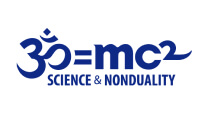


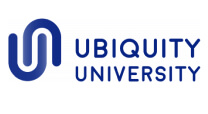



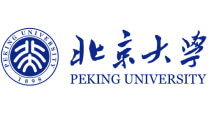



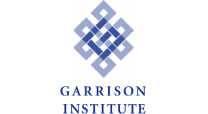

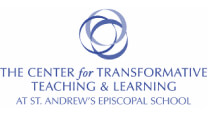
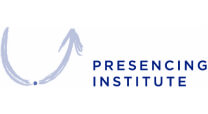






“Every one of us who is working to help others is the embodiment of the self-healing mechanism of humanity. We each play a part in activating the global immune system.”
